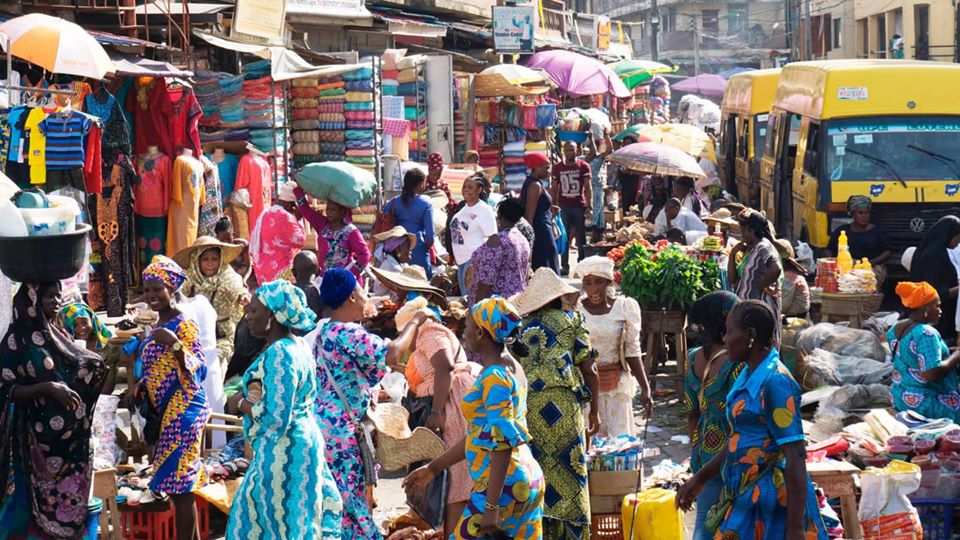There are no products in your shopping cart.
| 0 Items | £0.00 |


By Ayo Akinfe
(1) Even if you gathered all the world’s magicians together in Nigeria and got them to wave their wands at the same time, there is no way they could make a budget of $28.8bn stretch enough to cover 200m people
(2) To make matters worse, about 75% of this paltry $28.8bn budget goes on recurrent costs. It is simply impossible to spend just $7.2bn a year to infrastructural capital projects to cater for 200m people and expect it to make an impact That would be asking for a miracle of biblical proportions similar to the feeding of the 5,000 with five loaves of bread and two pieces of fish. Just to put things into perspective, NHS England alone has an annual budget of £155bn
(3) Nigeria remains a mono-economy with 95% of government revenue coming from the sale of crude oil. No matter how well you plan, all it takes is a crisis in the global petroleum industry and you in a crisis. Even if you have zero corruption in Nigeria, if the world price of crude oil collapses, we are in trouble
(4) Thanks to our exotic taste, the value of Nigeria’s imports will always exceed the pittance we get from crude oil export revenue. One Gulfstream G650 private jet alone costs $65m and Nigeria is awash with them. By the time you add things like pilgrimages, medical equipment, consumer goods, automobiles, exotic clothing, food items we do not produce, marine vessels, passenger aircraft, military hardware, etc, it is easy to see that Nigeria consumes more than she produces
(5) We are the world’s sixth largest agricultural producer but alas, we generate relatively very little revenue from this sector because we do not process our produce. For instance, we sell raw cocoa beans to the West at say $1,000 a tonne and then import processed chocolate back at 10 times mark-up. This happens right across the agricultural spectrum
(6) Even if we reduced our exotic taste for luxury goods, the cost of machinery, industrial expertise and processing technology will always cost us dear. Any country that does not make manufacturing equipment and machine tools is doomed to eternal dependence on imports
(7) Our ethnic mistrust of each other prevents the component parts of Nigeria from seeing the light. We are more likely to enhance poverty by appointing an incompetent person into a position because we are from the same ethnic group than seek an expert who can generate wealth. This manifests itself in everything we do. To make matters worse, than look for solutions, our people call for the balkanisation of Nigeria as if we are not weak enough already. If anything should be looking to merge with our neighbours in line with Kwame Nkrumah’s vision
(8) Our passionate attachment to historical traditions and religious indoctrination prevents us from jettisoning outdated concepts. For instance, the biggest role of faith in the world today is to provide religious finance and capital to fund infrastructural projects. However, Nigerians are still fixated on this 10th century dream of going to heaven after death. Religion has long moved on from that manner of thinking
(9) Arguably most importantly, Nigeria lacks the mechanisms to get ideas and concepts from the prototype stage to mass production. This is largely because we do not have a thriving private sector manufacturing sector. In December 1941 for instance, President Roosevelt gathered the chairmen of Ford, Chrysler and General Motors in the White House and have them two months to start mass producing ships, bombers, machine guns and battle tanks. They delivered big time. Now ask yourselves if a Nigerian designs a submarine, solar-powered tractor, amphibious aircraft or bullet-proof molue, how do we mass produce it?
(10) As a people we simply refuse to eschew instant wealth and gratification. Wealthy societies are built on individuals dedicating their lives to causes. Many of such icons and pioneers died as paupers. Not enough Nigerians are prepared to pay such a sacrifice for the greater good of humanity. Our first task is to change the way we think as a people